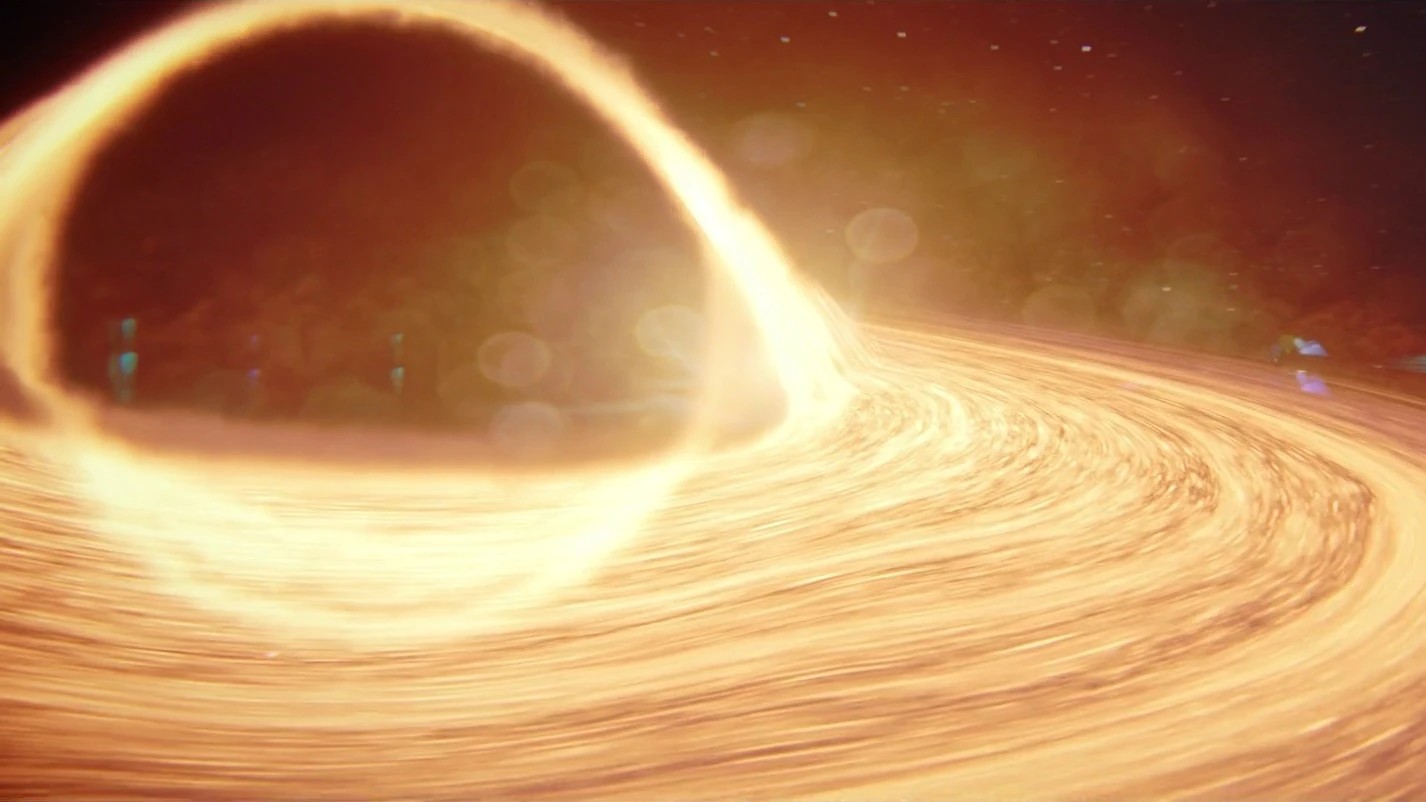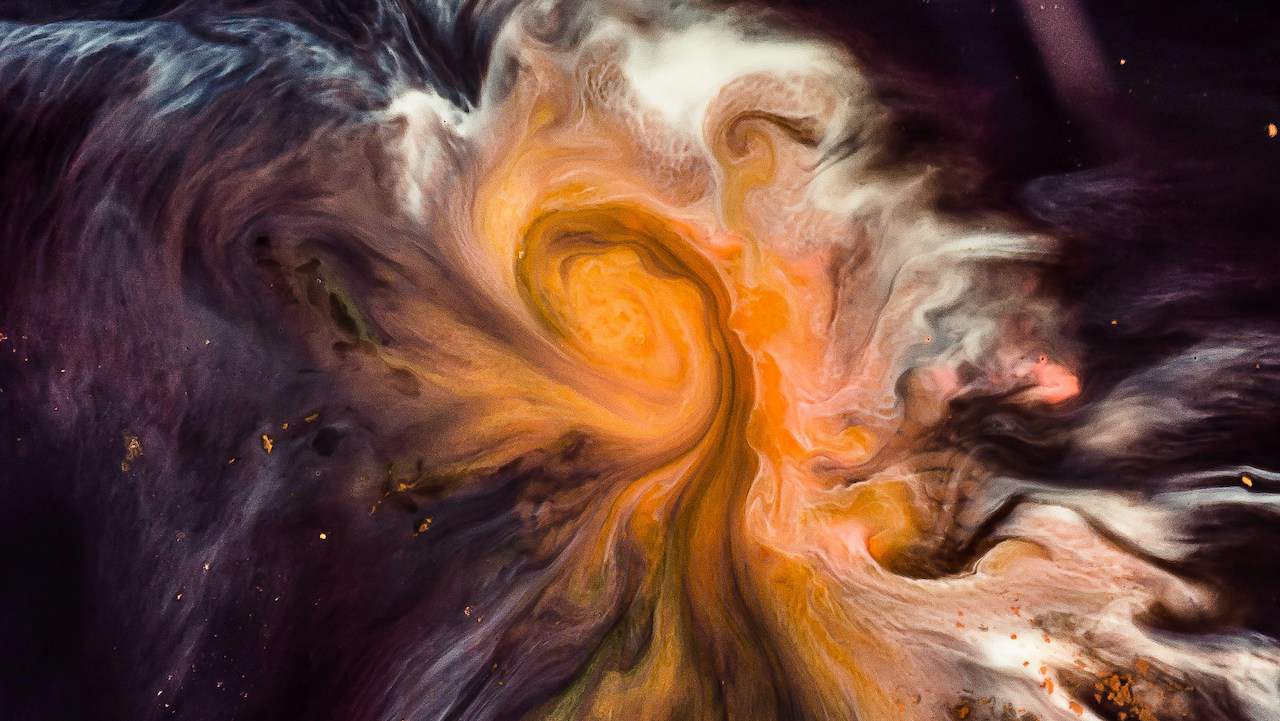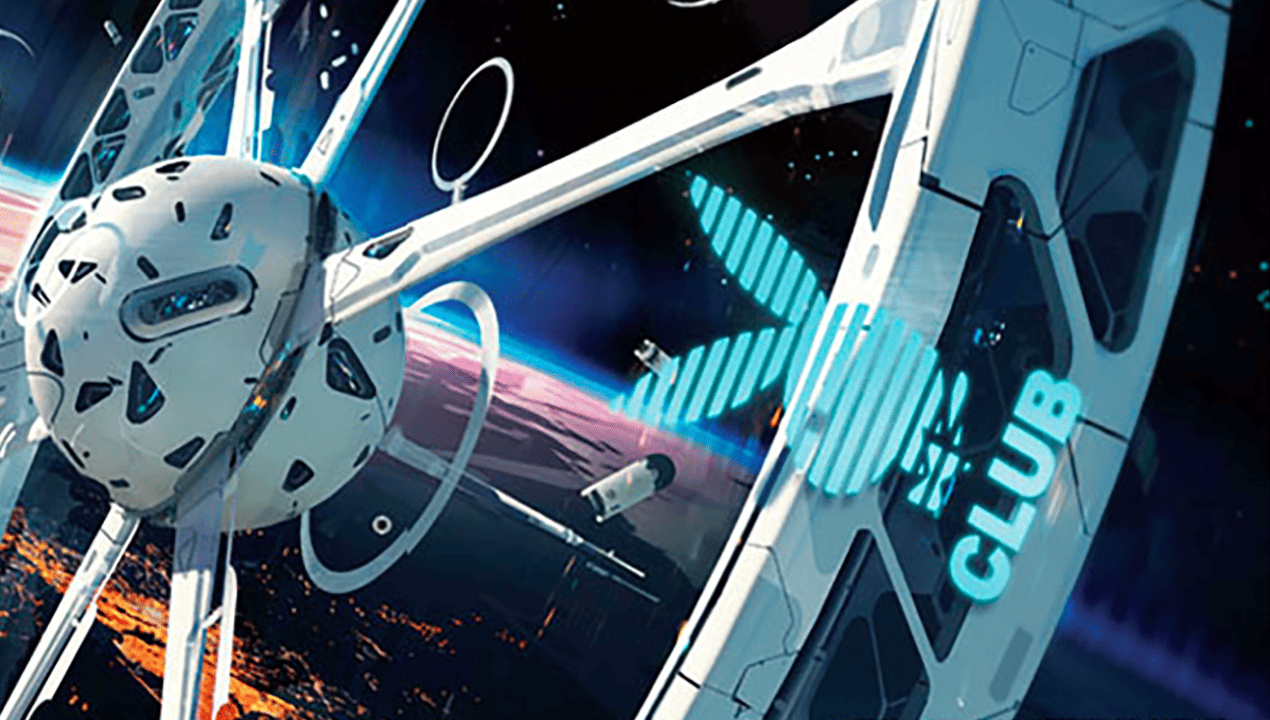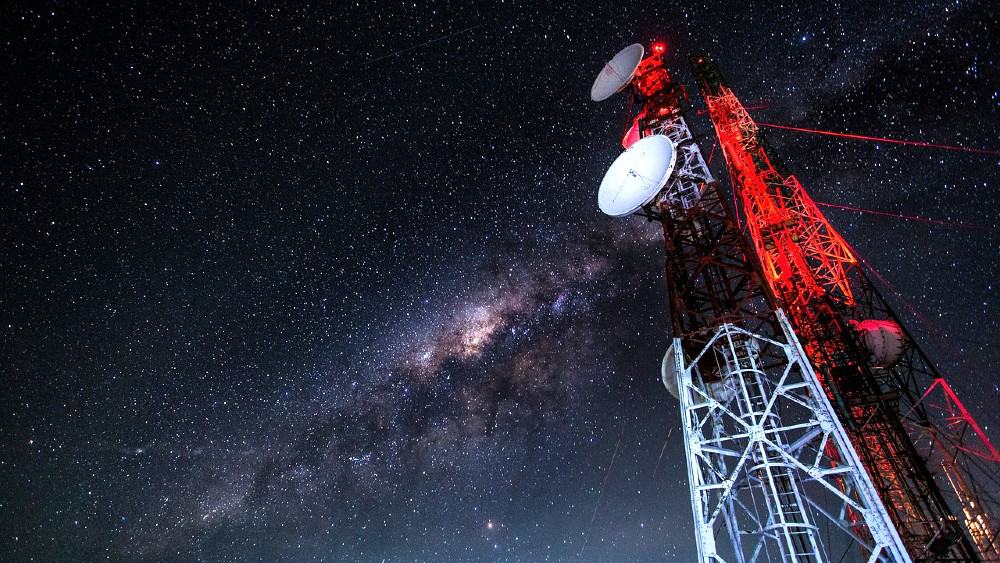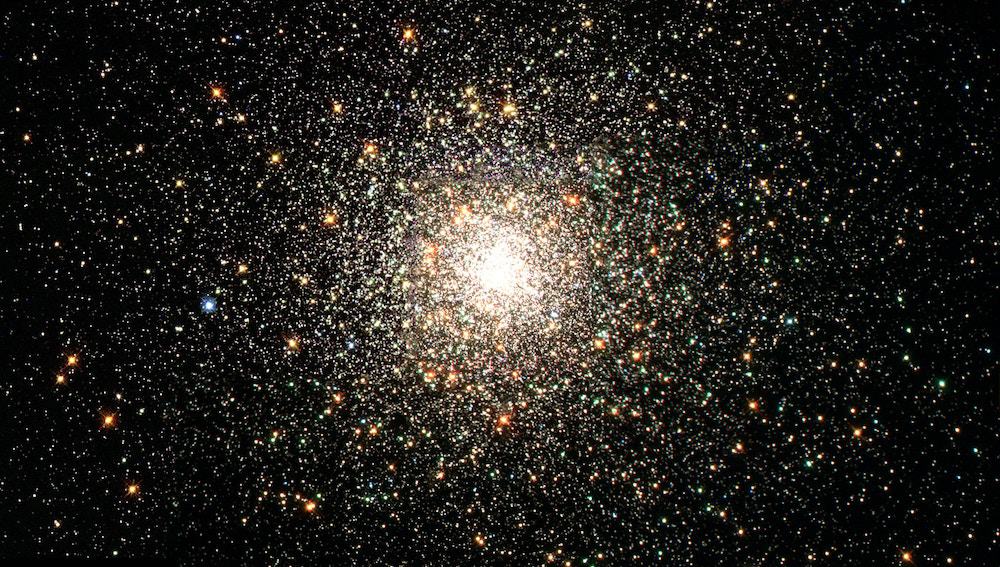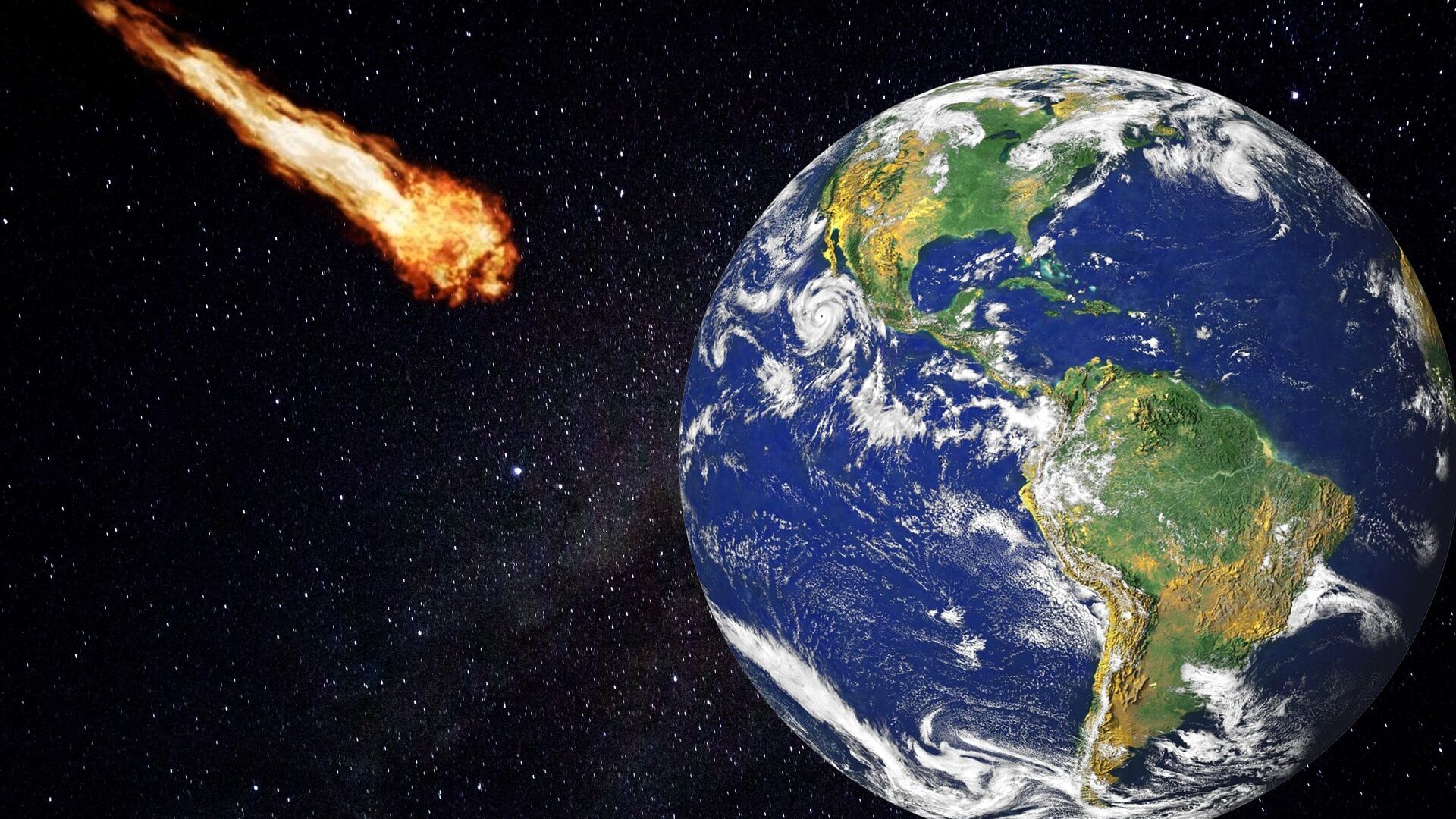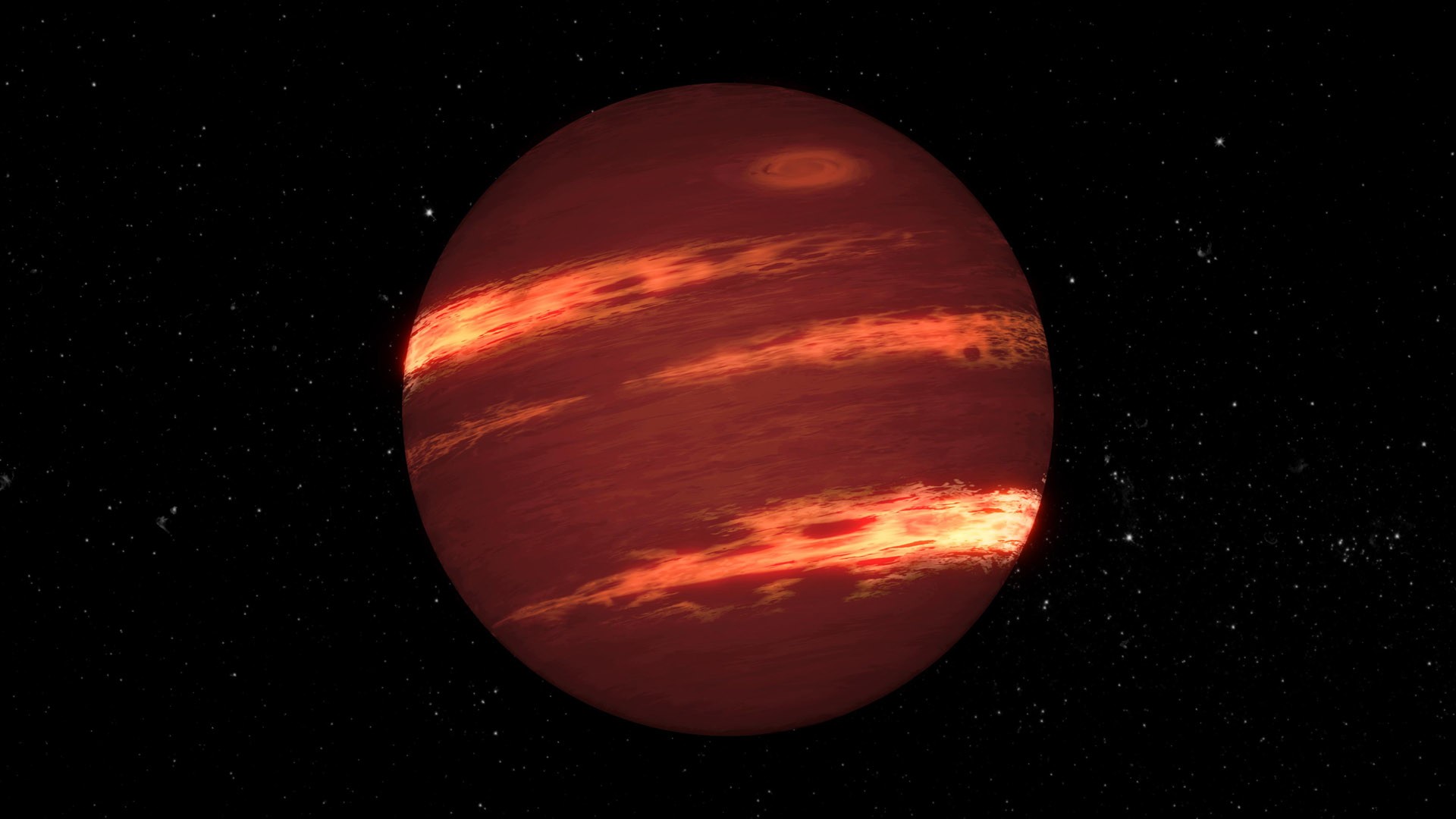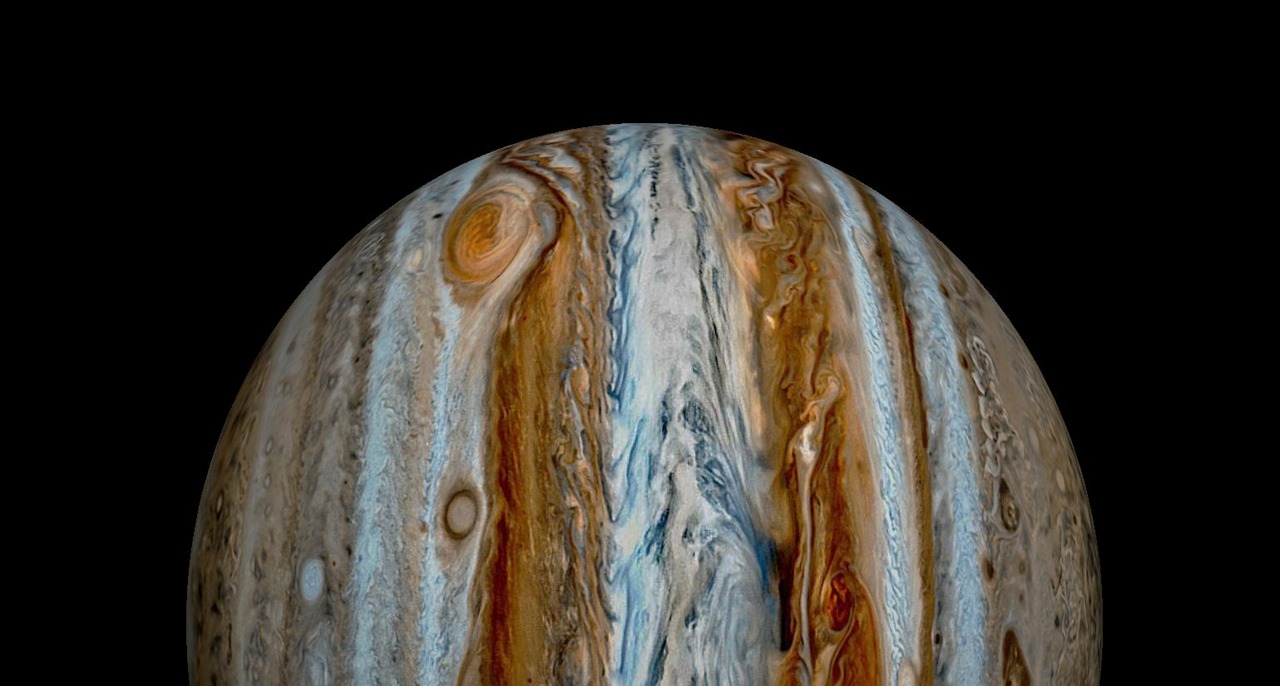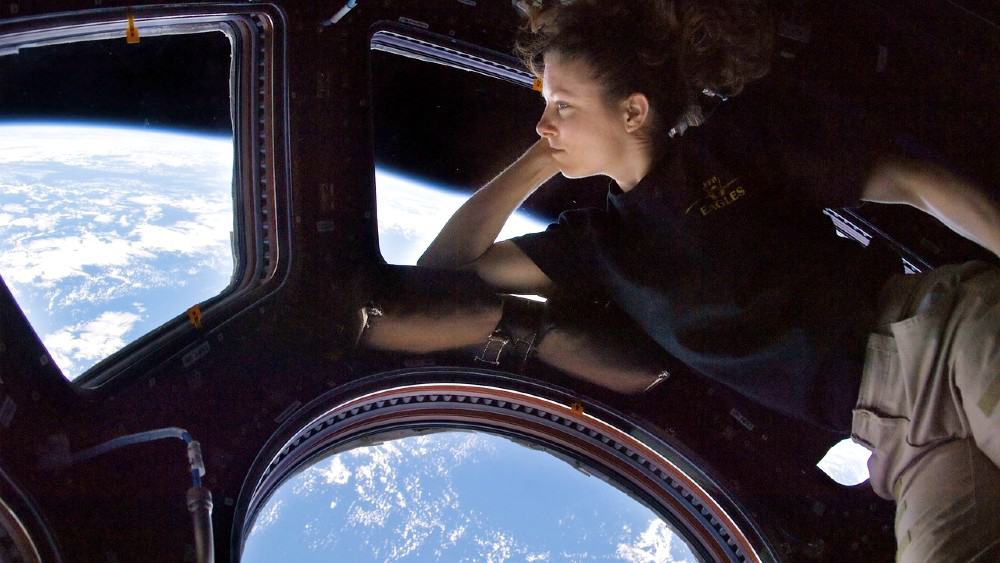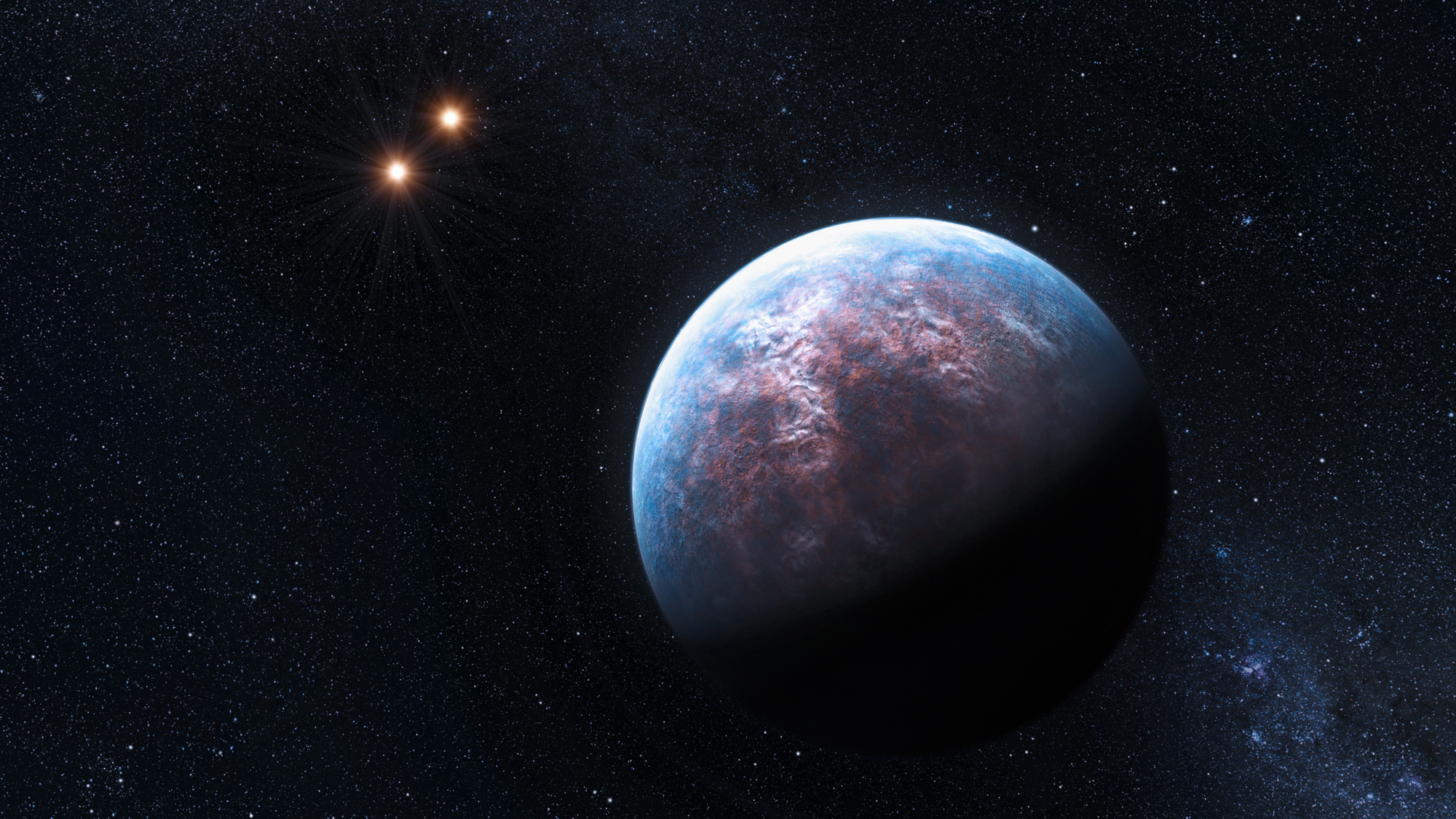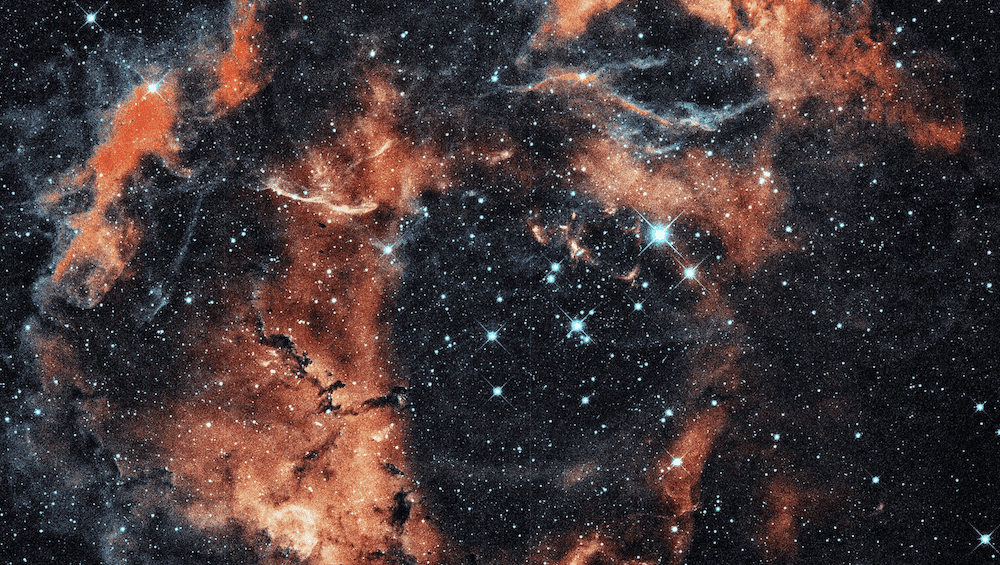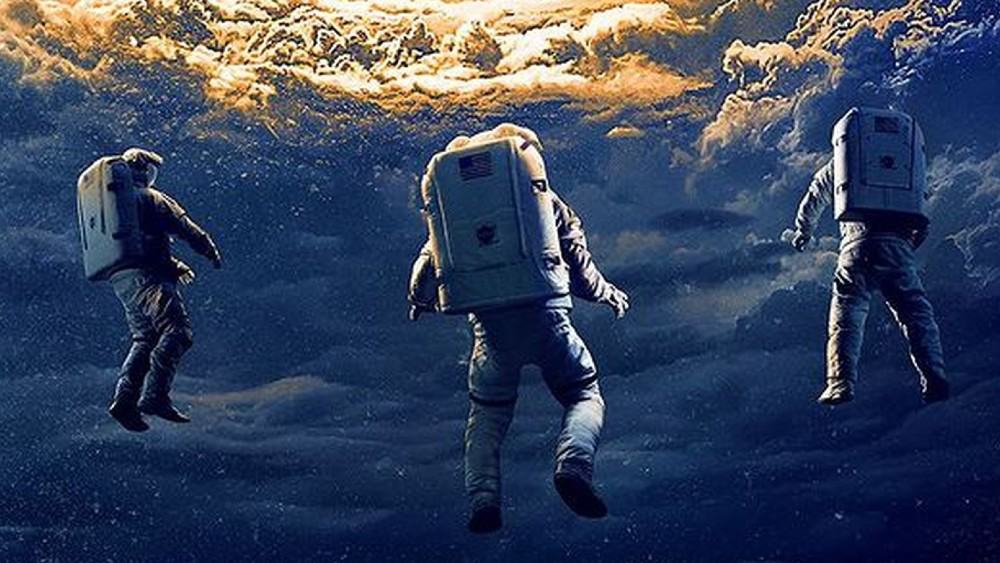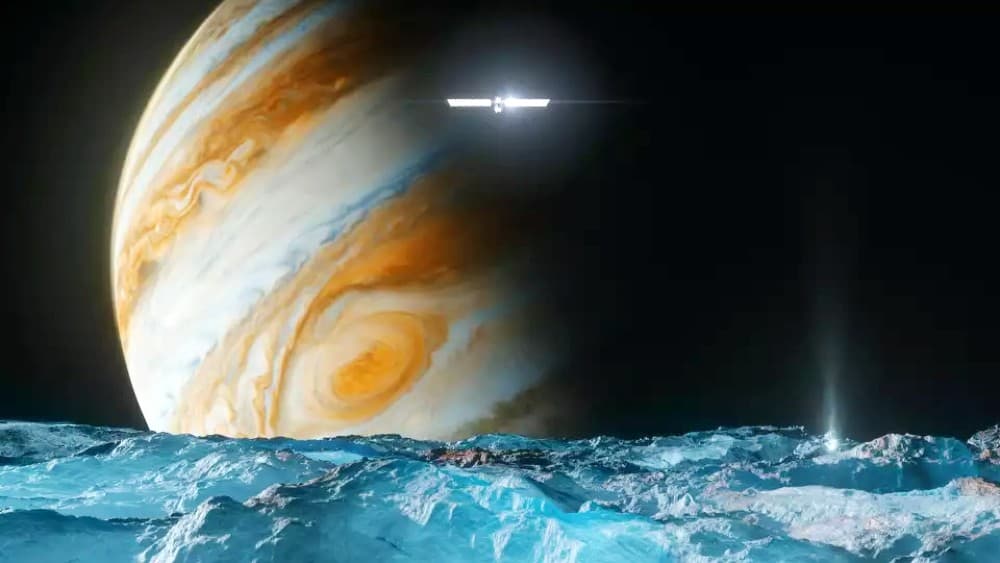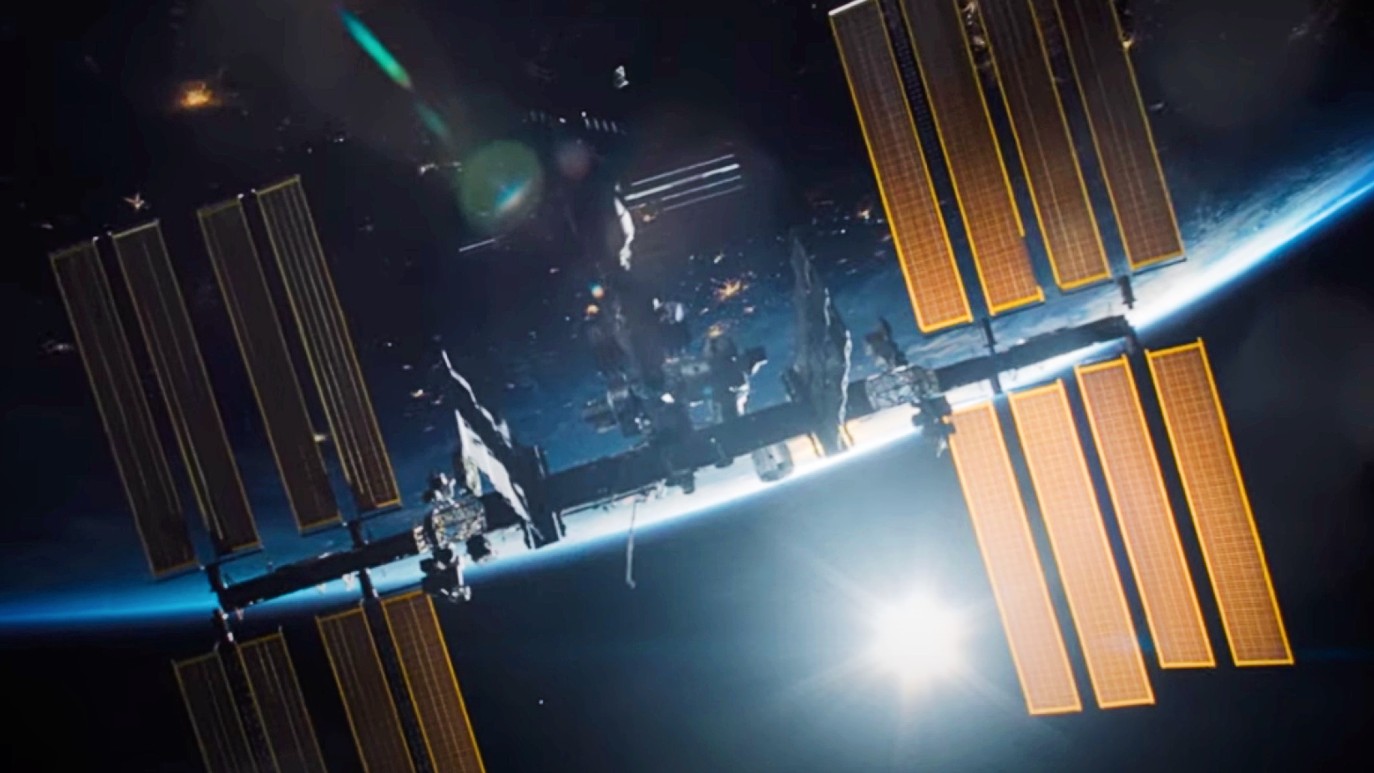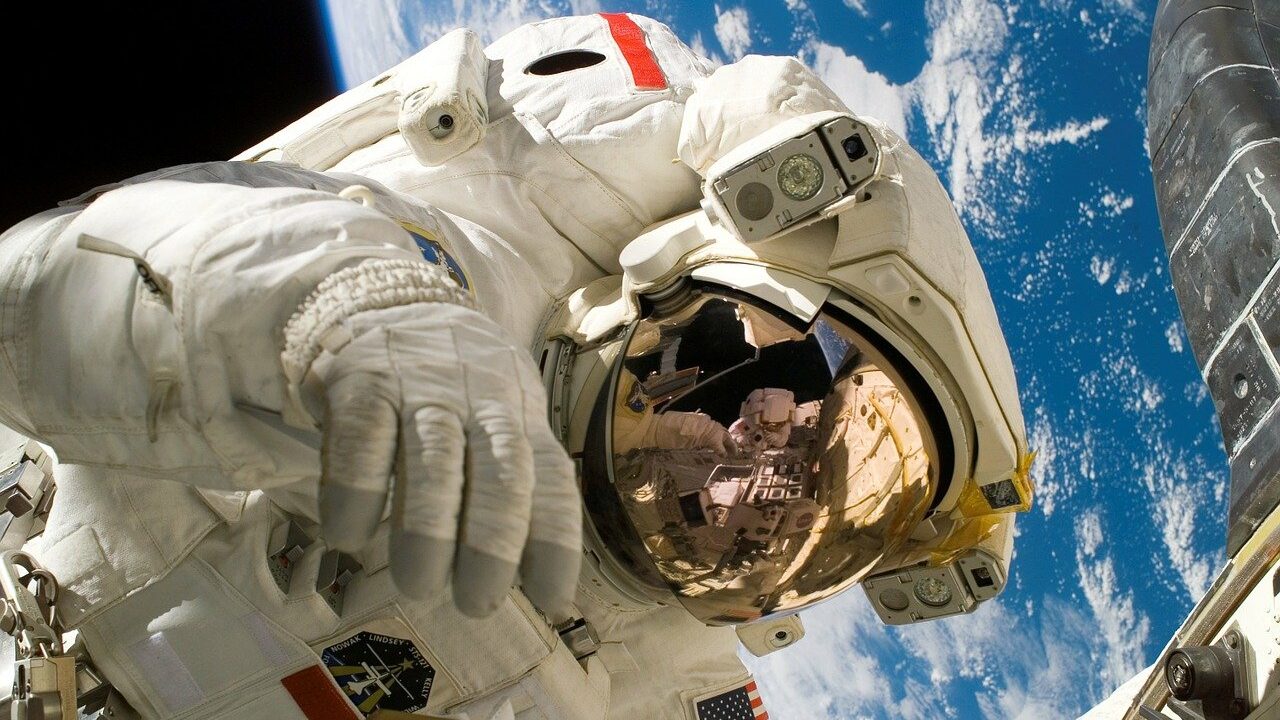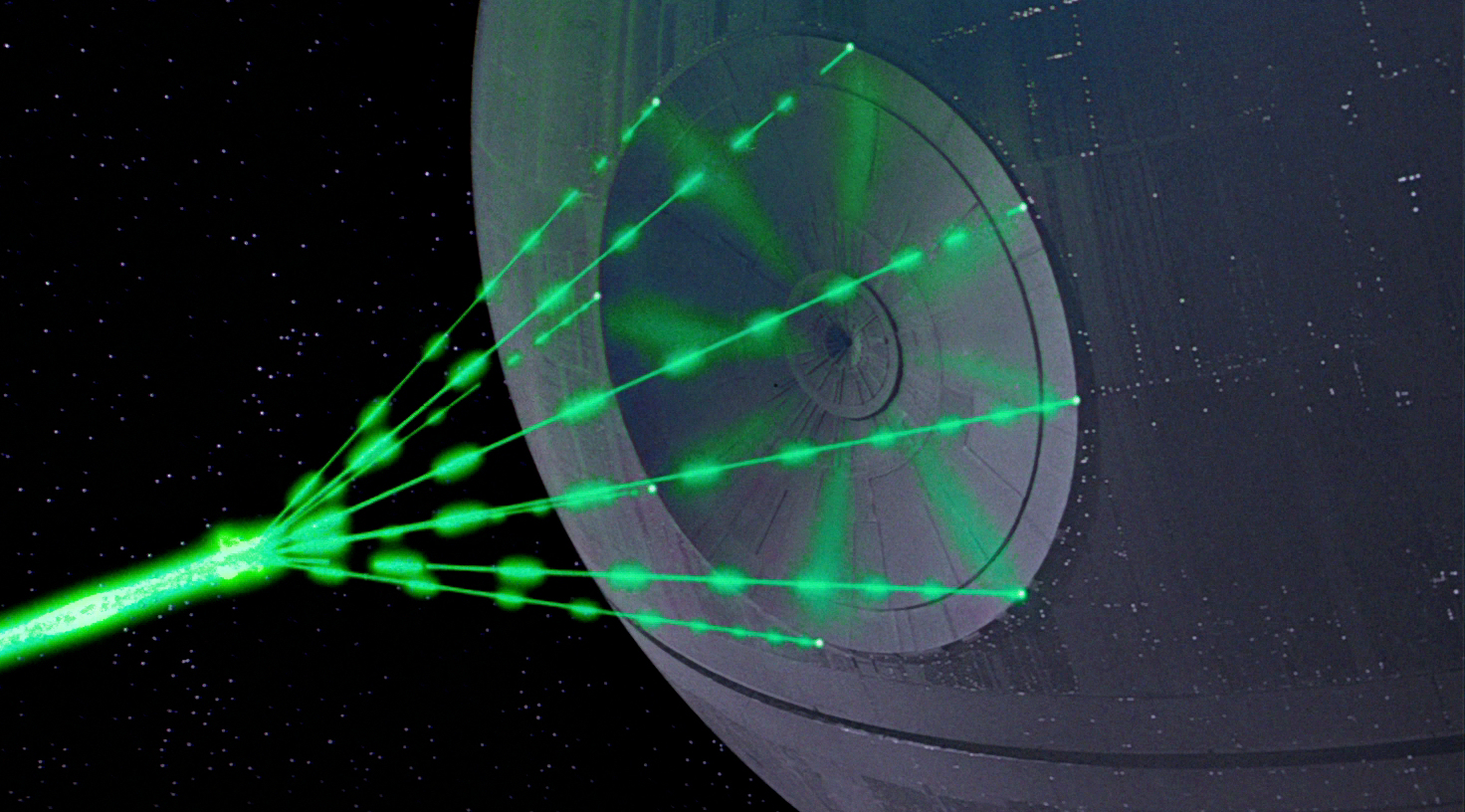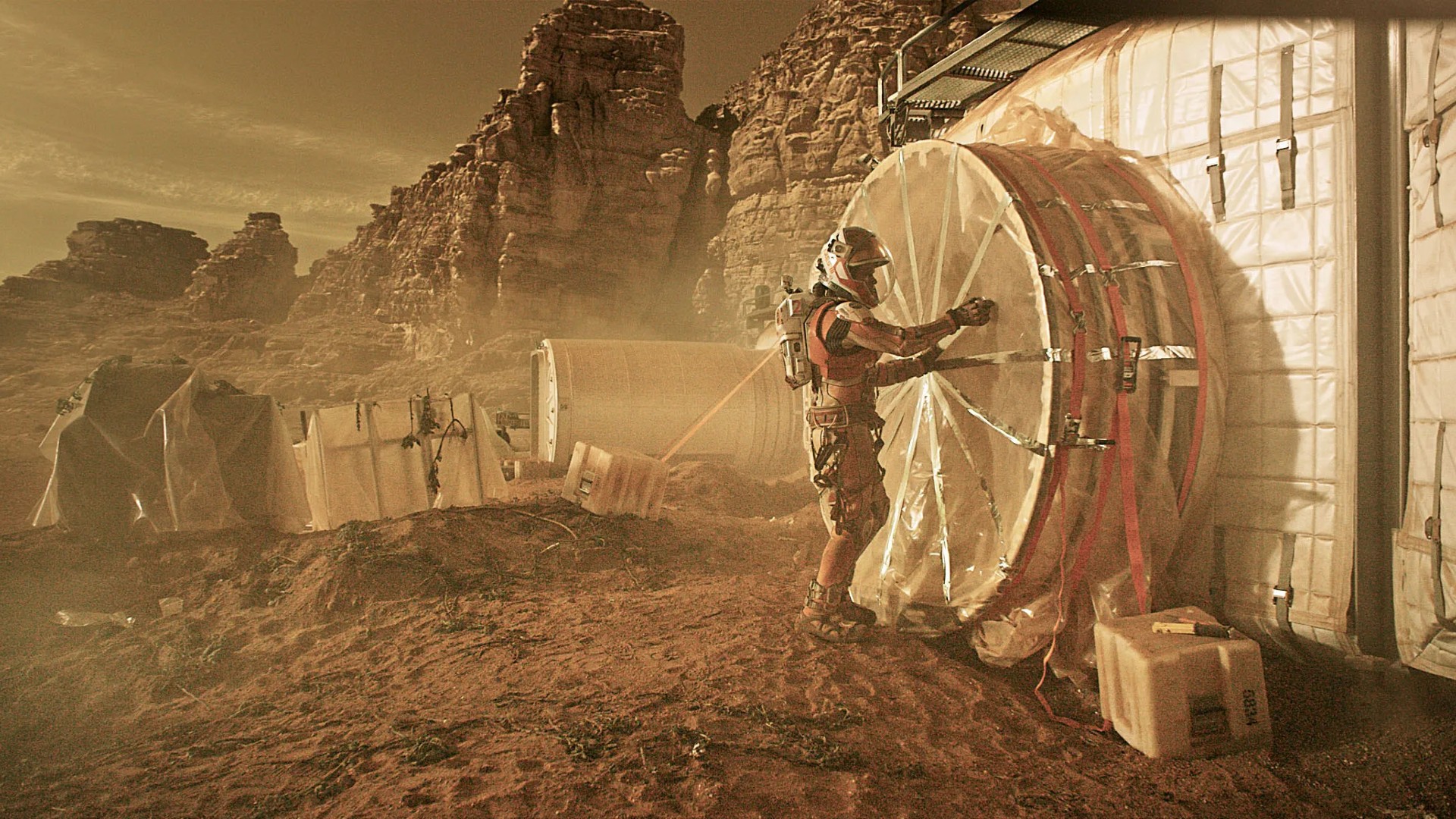Outer Space

Latest Space News
Galaxy Cores Merge In First Ever Discovery
Though mankind has only been sending men into the reaches of space for a few short decades, new discoveries and …
Continue reading “Galaxy Cores Merge In First Ever Discovery”
Playboy’s Forgotten Plans To Put The Grotto In Orbit
In 2012, during the earlier days of commercial space travel and back when magazines still seemed important to some people, …
Continue reading “Playboy’s Forgotten Plans To Put The Grotto In Orbit”
Strange Signal From Outside Our Galaxy Discovered By NASA
Close encounters with a sentient species beyond our solar system may be closer than we think or are prepared for. …
Continue reading “Strange Signal From Outside Our Galaxy Discovered By NASA”
Ghost Circles In Deep Space Finally Explained?
Sometimes, the details we learn about outer space make us agree with Dr. McCoy that the galaxy can be pretty …
Continue reading “Ghost Circles In Deep Space Finally Explained?”
NASA Is Giving Up On Mars?
NASA has some pretty ambitious plans for Mars in the near future, but the space agency’s recent decision to cut …
NASA Destroying International Space Station For $1 Billion?
For almost 25 years, the International Space Station (ISS) has stood as a symbol of global unity in the realm …
Continue reading “NASA Destroying International Space Station For $1 Billion?”
Nuclear Spaceship Being Developed Thanks To US Military
Aerospace technology corporation Lockheed Martin has been granted a $33.7 million contract by the U.S. Air Force Research Laboratory (AFRL) …
Continue reading “Nuclear Spaceship Being Developed Thanks To US Military”
